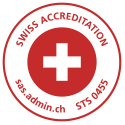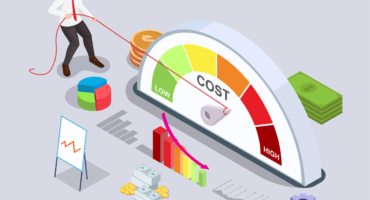What are remote audits?
The revision of SN EN ISO 19011:2018 “Guidelines for the Auditing of Management Systems“, defines, among other things, formal framework conditions to what extent remote audits can be carried out alone or in combination with on-site audits. Progressive digitalisation and technical resources allow, under certain conditions, remote audits to be carried out in accordance with the objectives.
Remote audits are a method of conducting audits. They are generally suitable for review activities as well as for hard-to-reach locations or travel restrictions in crisis situations.
For example, a surveillance audit can be conducted remotely, if there are no significant nonconformities to be verified by the auditor.
The use of remote audits should be balanced. An important prerequisite for the success of remote audits is mutual trust and acceptance as well as the use of suitable and secure communication technology. Remote audits do not replace on-site audits, nor are they an online certification.
What needs to be considered?
In principle, the auditor must consider the opportunities and risks for the defined audit programme and the audit objectives to be achieved and must have the appropriate competences to conduct audits remotely.
Particular attention must also be paid to the prior communication of information and documents to be provided or random samples by the audited organisation. Remote audits are always documented in writing by the auditor.
When are remote audits not permitted?
With an initial certification Ugra always accomplishes an on-site audit. If substantial nonconformities were determined in the previous audit or fundamental changes in the process chain or with the personnel occurred, a remote audit is likewise not the means of choice.
If there are risks, which endanger the goals and the effectiveness of the audit, or complex processes at the site, which cannot be monitored digitally, the auditor also plans an on-site audit.


 English
English  Français
Français  Deutsch
Deutsch 




